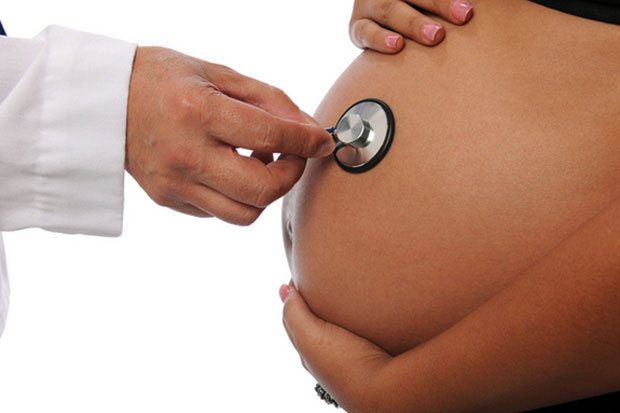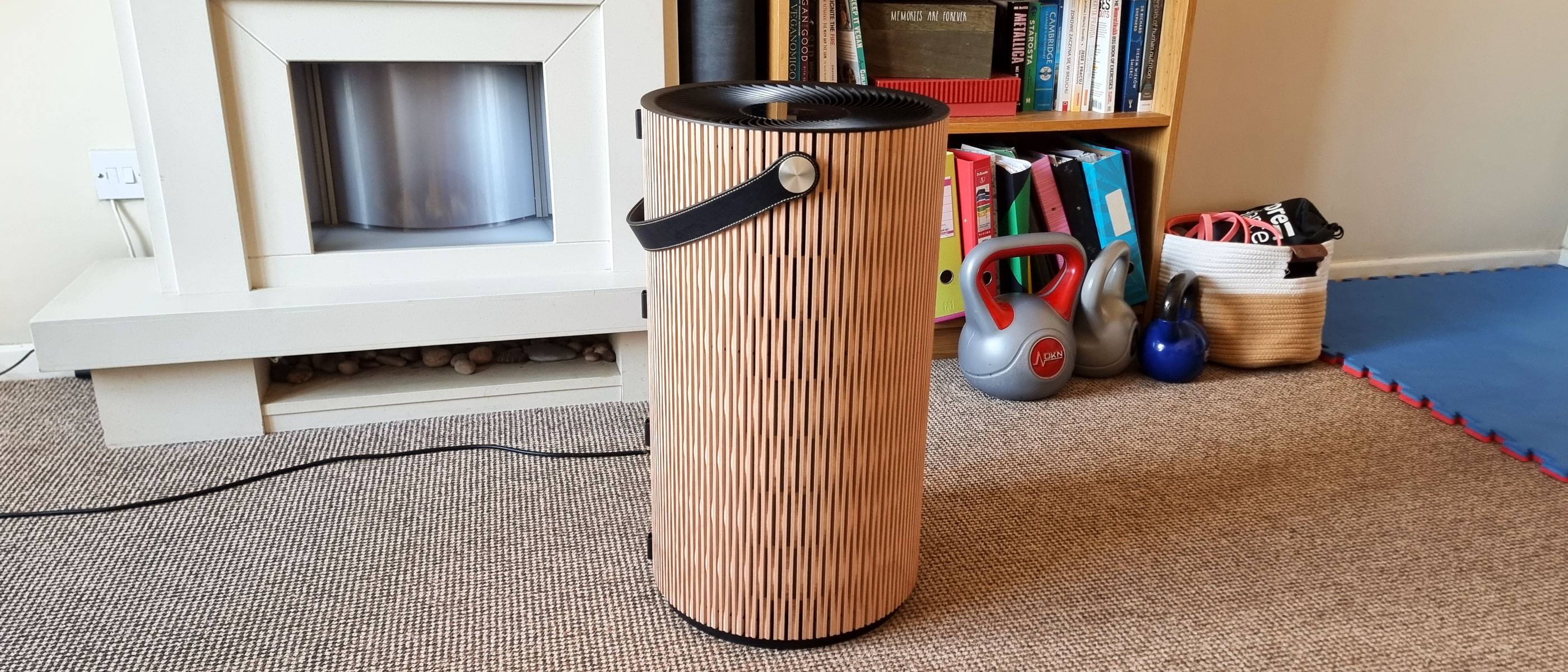Docs Give New Definition to 'Full Term' Pregnancy

Get the world’s most fascinating discoveries delivered straight to your inbox.
You are now subscribed
Your newsletter sign-up was successful
Want to add more newsletters?

Delivered Daily
Daily Newsletter
Sign up for the latest discoveries, groundbreaking research and fascinating breakthroughs that impact you and the wider world direct to your inbox.

Once a week
Life's Little Mysteries
Feed your curiosity with an exclusive mystery every week, solved with science and delivered direct to your inbox before it's seen anywhere else.

Once a week
How It Works
Sign up to our free science & technology newsletter for your weekly fix of fascinating articles, quick quizzes, amazing images, and more

Delivered daily
Space.com Newsletter
Breaking space news, the latest updates on rocket launches, skywatching events and more!

Once a month
Watch This Space
Sign up to our monthly entertainment newsletter to keep up with all our coverage of the latest sci-fi and space movies, tv shows, games and books.

Once a week
Night Sky This Week
Discover this week's must-see night sky events, moon phases, and stunning astrophotos. Sign up for our skywatching newsletter and explore the universe with us!
Join the club
Get full access to premium articles, exclusive features and a growing list of member rewards.
Exactly what it means for a pregnancy to have reached "full term" is changing, doctors say.
Two leading groups of doctors announced today the label "term pregnancy" — which traditionally refers to a pregnancy between 37 and 42 weeks of gestation — should be discouraged. Instead, doctors should use four separate names when discussing this time period: early term, full term, late term and post-term.
"Early term" will now refer to babies delivered during the 37th or 38th week or pregnancy, while "full term" will refer to deliveries during the 39th or 40th week, and "late term" will refer to babies delivered during the 41st week. "Post-term" will refer to babies delivered at 42 weeks or later. [8 Odd Changes That Happen During Pregnancy]
The change is meant to draw attention to the fact that babies born even just a few weeks early or late can have worse outcomes than those born between 39 and 40 weeks, said statements from the American College of Obstetricians and Gynecologists and the Society for Maternal-Fetal Medicine.
"This terminology change makes it clear to both patients and doctors that newborn outcomes are not uniform, even after 37 weeks," Dr. Jeffrey Ecker, chair of the ACOG Committee on Obstetric Practice, said in a statement. "Each week of gestation up to 39 weeks is important for a fetus to fully develop before delivery and have a healthy start."
The last few weeks of pregnancy leading up to 40 weeks are important, and allow a baby's brain and lungs to fully mature, ACOG says. Several medical conditions, including breathing problems and pneumonia, are linked with early term deliveries.
Doctors also hope the change will help prevent planned deliveries before 39 weeks that are not medically necessary.
Get the world’s most fascinating discoveries delivered straight to your inbox.
A planned delivery, such as a cesarean section or labor induction, should occur before 39 weeks only when continuing the pregnancy would present significant health risks to the mother or the child, Ecker said.
Earlier this year, a panel of of experts recommended the new four-label terminology that it is now being endorsed.
Follow Rachael Rettner @RachaelRettner. Follow LiveScience @livescience, Facebook & Google+. Original article on LiveScience.

Rachael is a Live Science contributor, and was a former channel editor and senior writer for Live Science between 2010 and 2022. She has a master's degree in journalism from New York University's Science, Health and Environmental Reporting Program. She also holds a B.S. in molecular biology and an M.S. in biology from the University of California, San Diego. Her work has appeared in Scienceline, The Washington Post and Scientific American.
 Live Science Plus
Live Science Plus










